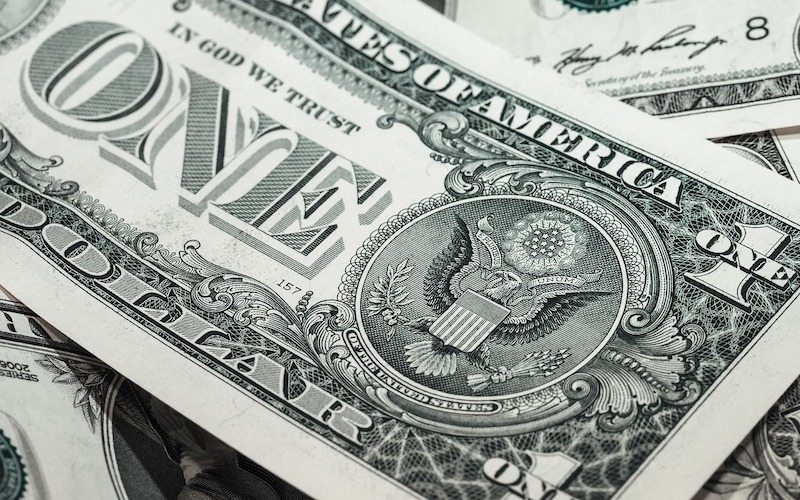According to the International Data Corporation (IDC), consumer spending on technology is set to top $1.32 trillion/£1 trillion in 2019. In tandem with this data, a poll by the American Institute of CPAs (AICPA) found that consumers spend, on average, $166/£130 per month to power their digital technology. Once you add the cost of apps, subscriptions, and other similar products to the mix, monthly costs exceed $200/£157. In many ways, modern technology is costing us more than ever before.
However, as the old business adage goes, “you’ve got to speculate to accumulate.” Even though tech spending is on the up, the latest innovations can actually save us money. In fact, research from Gartner suggests that savings and efficiency are a primary driver of technology. Surveying 4,019 respondents in the US and UK, Gartner found that 53-percent of consumers would use artificial intelligence (AI) technology if it saved them money. Additionally, 58-percent said they would buy into it if it saved them time.
Speculate on Tech to Gain in Life
Developers are often inspired by this type of data, which is why we’re now seeing more tech designed to save us time and money. Indeed, if you scour the internet, you’ll find a bevy of products designed to make our lives easier. Perhaps the most apparent in recent times are comparison sites.
From early examples that used rudimentary software to compare product prices, the sector now features an array of sophisticated search engines. For example, online mortgage broker Trussle assesses variable rate mortgage offers to create personalized recommendations for consumers. By using AI-powered algorithms, the platform not only offers suggestions but actively monitors the financial markets. By collating real-time data from 12,000 sources, Trussle can match mortgage applicants to suitable deals that save them time and money.
Smart Insights Save Money
Beyond comparison sites, smart meters and other trackers are making us more aware of what we consume. As an example, a smart meter from Eon will not only provide spending data but allow you to receive more accurate bills. What’s more, such devices can track usage patterns and suggest energy-saving measures. Taking this a step further, home assistants such as Hive will learn your habits and automatically implement the most efficient settings. The end result is less energy consumption and, in turn, lower bills.
Is technology perfect? Certainly not. In fact, with trackers and home assistants, some consumers are concerned that tech is becoming too intrusive. However, the counter-argument is that a greater understanding of our habits and desires is the best way to save money. While there is no doubt we now spend more on technology than ever, it seems to be a natural progression of our desire to live more comfortably. Developers know this and that’s why we’re now seeing more products designed to save us valuable time and money.










